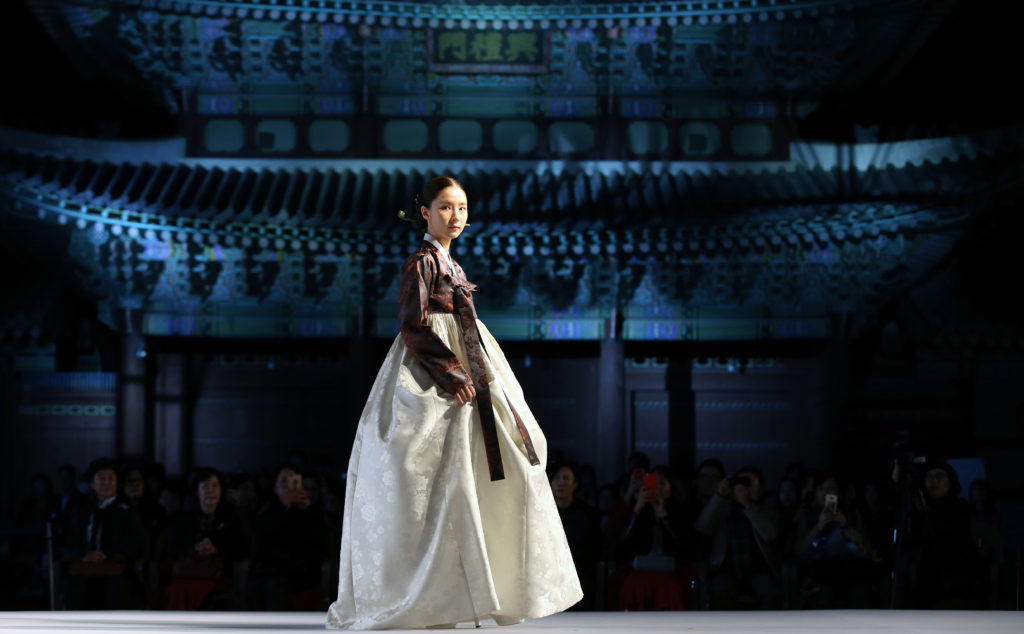The Peninsula
Hanbok Controversy Stokes Anti-Chinese Sentiment
Published February 11, 2022
Author: Korea View
Category: China, South Korea, Culture, Current Events

A Chinese woman dressed in traditional Korean clothing (hanbok) at the 2022 Beijing Winter Olympics Opening Ceremony ignited another wave of popular backlash towards China in Korea. South Korean viewers accused China of cultural appropriation, while China claimed it was representing the ethnic Korean minority. Coming on the heels of similar incidents in which China has allegedly laid claim on Korean culture, the controversy reflects growing animosity between the two countries. But also something deeper.
The conceptualization of hanbok as we now know it began in response to foreign culture being forced upon the country in the late 19th century. While there had previously been no need to distinguish what was “Korean” clothing, wearing hanbok became a tangible representation of national identity when the country lost its autonomy.
Although its popularity waned in the second half of the 20th century, hanbok’s revival in popular culture is credited to the Korean Wave. The success of historical dramas stoked public interest. And when K-pop stars like Blackpink and BTS donned designer hanbok on stage, sales rocketed.
As designers found ways to make clothing practical for contemporary lifestyles, wearing hanbok became a way to claim pride in both the history and modern accomplishments of Korea.
This symbolic role of hanbok undergirds the outrage directed at China. The timing also could not have been worse. Many observed that hanbok was featured at the 2008 Summer Olympics in Beijing with no backlash. But after 14 years of deteriorating relations and frustration with China’s nationalism, anti-Chinese sentiment in Korea is intensifying with a vengeance.
This briefing comes from Korea View, a weekly newsletter published by the Korea Economic Institute. Korea View aims to cover developments that reveal trends on the Korean Peninsula but receive little attention in the United States. If you would like to sign up, please find the online form here.
Korea View was edited by Yong Kwon with the help of Kayla Harris, David Lee, Sarah Marshall, and Mai Anna Pressley. Picture from the flickr account of the Republic of Korea
